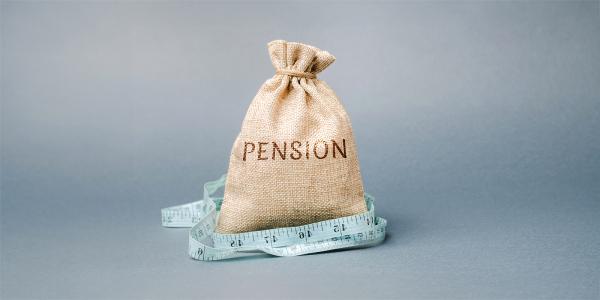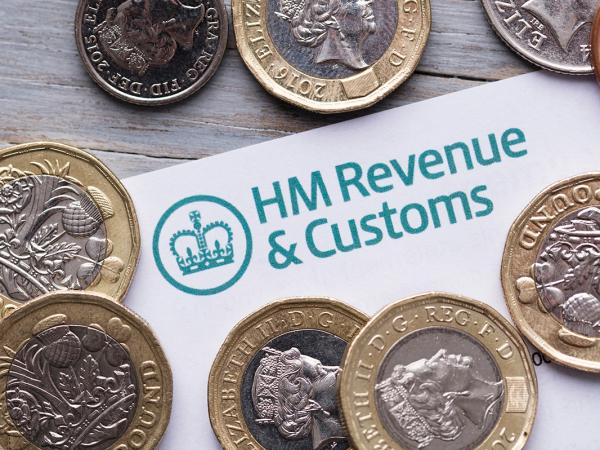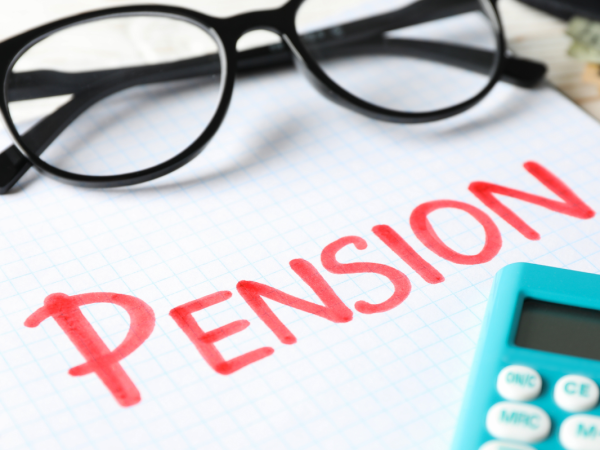Pension income: impact on state benefits
There are many things to think about when you start drawing a pension, as the additional income you receive can have a knock-on effect on other areas of your finances.

Content on this page:
Introduction
On our page Pension withdrawals: thinking ahead we discuss some of the ways that drawing a pension can affect your overall tax position. On this page we look at how pension income can affect state benefits you might be entitled to – or might cause charges to arise. These can apply regardless of how you choose to draw your pension – so for example if you are drawing pension income as an annuity or making flexible withdrawals.
In some cases, a commencement tax-free lump sum could also have an effect on your entitlement, for those benefits where ‘capital wealth’ is taken into account when calculating your award. We discuss this below under the heading: Other state benefits.
Tax credits claims
Taxable income from pensions is also income for the purposes of tax credits. The tax-free element of any pension income or lump sum is not included as income for tax credits.
Taking money out of a pension could therefore mean you end up with a tax credits overpayment for the year in which you take the money out – this means that you may have been paid too much and have to pay it back.
It could also mean you end up with less tax credits in the following year as well. This is because tax credits are worked out using yearly rates and yearly income figures. Your income may well change from one year to the next but only changes in income over a certain limit will alter the amount of tax credits you were awarded at the beginning of each tax year.
Read our separate guidance on notifying changes to HMRC’s Tax Credit Office where your income has changed.
Other state benefits (including universal credit)
You should carefully check the impact of your pension decisions on means-tested state benefits, such as universal credit and pension credit.
One-off or irregular sums taken from pensions could be treated as capital for the purposes of means-tested state benefits, and regular amounts taken from pensions are likely to be treated as income. Either capital or income treatment could have an immediate effect on your entitlement to state benefits, depending on your overall circumstances.
Local benefits like council tax reduction could also be affected.
It is not only the decision to take money out of a pension that could impact your current or future entitlement to means-tested state benefits. There could also be knock-on effects depending on how you use the money once you take it out. For example, if you were to decide to give pensions money away, for the purposes of state benefits (such as help with care costs) it might be considered that you deprived yourself of your pension savings.
We therefore recommend that you check your situation carefully before taking money out of your pension. There is some guidance on the government’s MoneyHelper website on state benefits impacts. The Department for Work and Pensions have also published a factsheet, available on GOV.UK – this considers how the pension flexibilities could affect entitlement to state benefits.
Child benefit claims
Taking money out of pensions can have unexpected consequences for child benefit purposes.
Unlike the benefits discussed above, child benefit is not a means-tested benefit. This means that anyone with qualifying children can claim it. But there is a linked tax charge on some recipients of the benefit, or on the recipient’s partner if they are part of a couple, where adjusted net income income is over £60,000 in the 2024/25 tax year (previously £50,000). This is called the high income child benefit charge (HICBC).
The HICBC is not something that most people on low incomes usually have to worry about, but it could become a problem for people taking sums out of their pension pot (particularly under the pensions flexibility rules) if that tips their adjusted net income for the tax year over the £60,000 threshold (£50,000 before 6 April 2024).
Note that the charge is applied for the tax year. This means that if, for example, you take a pension withdrawal in March 2025 and it takes your adjusted net income over £60,000 for the 2024/25 tax year, the charge will apply to any child benefit payments you receive across the whole tax year (6 April 2024 to 5 April 2025), not just those after your income tips over that threshold.
You may not usually have income anywhere near £60,000 a year. But that could change if you take a taxable pension lump sum. Any tax-free lump sum is not counted towards the £60,000 threshold – only taxable receipts.
Scottish Child Payment
The Scottish Child Payment for low-income families with children under six started on 15 February 2021. To be eligible, you have to be in receipt of a qualifying benefit such as universal credit or any of its legacy benefits, such as working tax credit or child tax credit.
The Scottish Child Payment is separate from child benefit. However, drawing on your pension may mean that you lose entitlement to both the Scottish Child Payment and the associated means-tested benefit on which your eligibility is based.
If your adjusted net income exceeds £60,000, you may also effectively lose some or all of your child benefit via the high-income child benefit charge, as discussed above.
The HICBC does not apply to the Scottish Child Payment.



